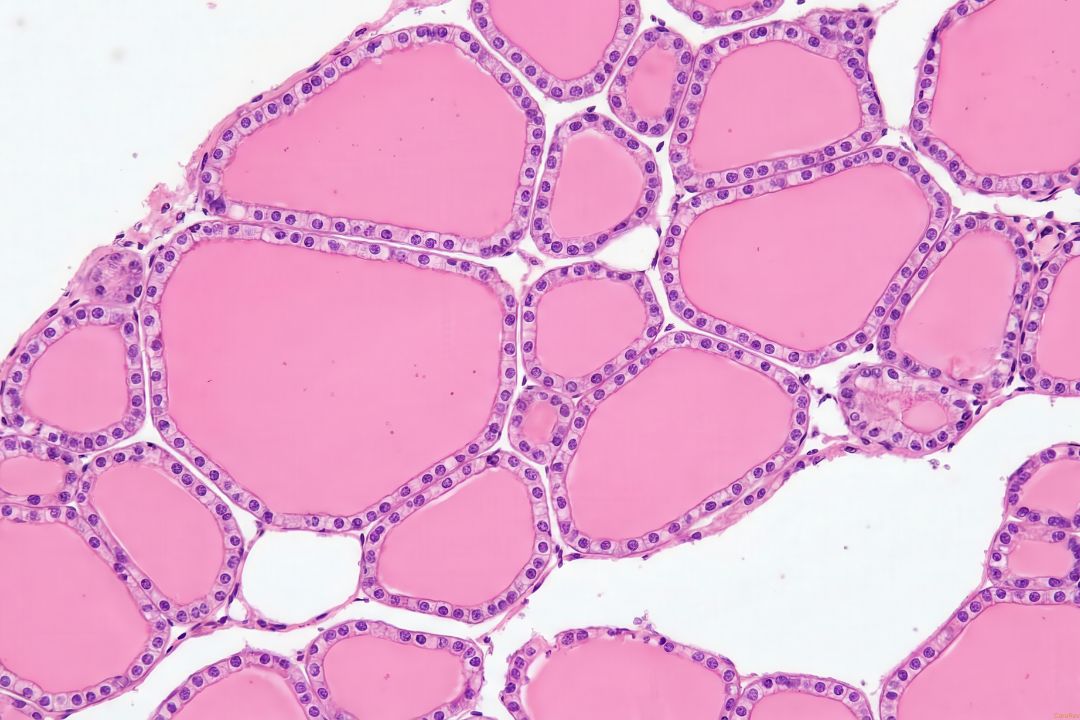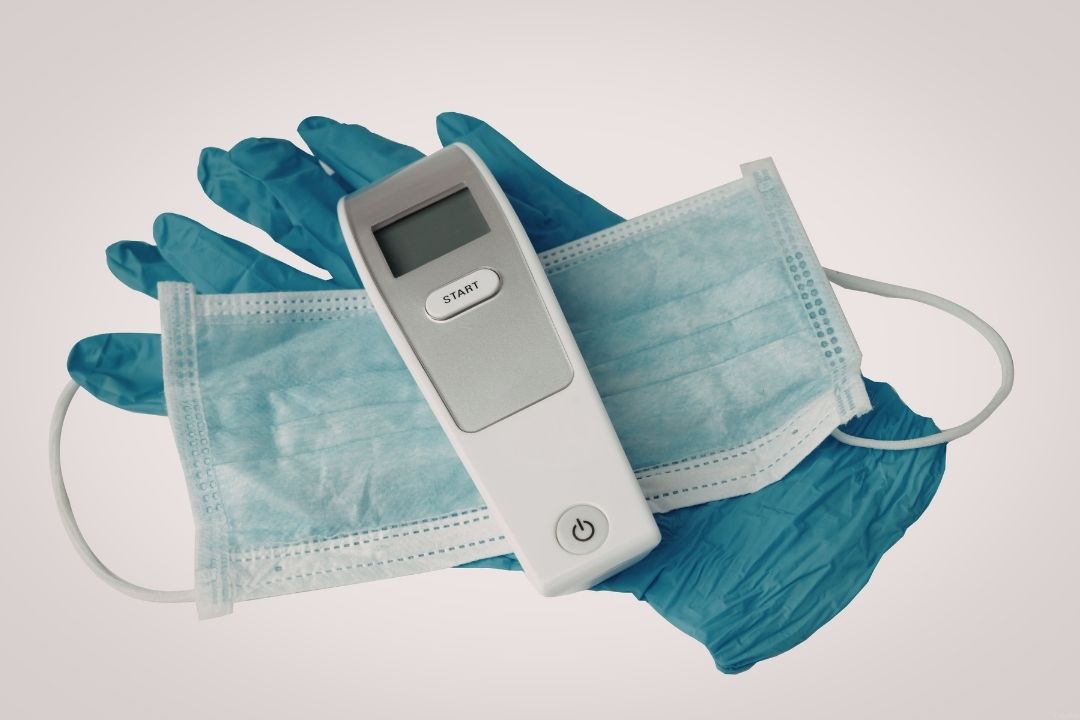
Hematology nurses are the unsung heroes in healthcare, providing critical care to patients with blood disorders such as leukemia, lymphoma, anemia, and hemophilia. These dedicated professionals not only deliver life-saving treatments but also educate patients and their families, offering a guiding hand through some of the most challenging moments of their lives. In a field that combines compassion, technical expertise, and interdisciplinary collaboration, hematology nurses stand at the forefront of improving patient outcomes and advancing medical knowledge.
Whether you're a seasoned healthcare worker or considering a career in nursing, understanding the pivotal role of hematology nurses sheds light on the essential contributions they make to modern medicine. This blog explores the responsibilities, challenges, and career opportunities in hematology nursing, offering a comprehensive look at this rewarding specialty.
Table of contents:
- What is a hematology nurse?
- Key responsibilities of hematology nurses
- Skills and qualifications needed to excel in hematology nursing
- Challenges faced by hematology nurses
- The impact of hematology nurses in patient outcomes
- Career opportunities and growth in hematology nursing
- Resources for aspiring hematology nurses
- Is hematology nursing right for you?
What is a hematology nurse?
Hematology nurses specialize in the care of patients dealing with blood-related disorders and diseases. They work in various settings, including hospitals, outpatient clinics, and research institutions, collaborating with hematologists and other specialists to provide comprehensive care. These nurses play a key role in diagnosing, treating, and managing conditions like:
- Leukemia
- Lymphoma
- Sickle cell anemia
- Hemophilia
- Thrombosis
Unlike general nursing roles, hematology nursing often involves advanced clinical responsibilities, such as administering chemotherapy, monitoring blood transfusions, and performing stem cell transplants. Their work requires a deep understanding of hematologic systems, meticulous attention to detail, and a compassionate approach to patient care.
Key responsibilities of hematology nurses
Hematology nurses wear many hats, from direct patient care to education and advocacy. Below are some of the key responsibilities that define their role:
1. Administering treatments
Hematology nurses are often responsible for administering complex treatments, including chemotherapy, immunotherapy, and blood transfusions. They monitor patients for adverse reactions, ensuring their safety during procedures.
2. Patient education
Educating patients and their families is a cornerstone of hematology nursing. From explaining diagnoses to outlining treatment plans and lifestyle adjustments, these nurses empower patients with the knowledge needed to manage their conditions effectively.
3. Monitoring and documentation
Meticulous record-keeping is essential in hematology nursing. Nurses monitor vital signs, document symptoms, and track the effectiveness of treatments, providing critical data for ongoing care plans.
4. Emotional support
Dealing with blood disorders can be emotionally taxing for patients and their families. Hematology nurses offer emotional support, helping patients navigate the psychological and social challenges that often accompany their conditions.
5. Collaboration with healthcare teams
Hematology nurses work closely with hematologists, oncologists, and other specialists to create and implement comprehensive care plans. Their insights and observations are vital for ensuring optimal patient outcomes.
Skills and qualifications needed to excel in hematology nursing
Becoming a hematology nurse requires a combination of education, certification, and specialized skills. Here’s what it takes to excel in this field:
1. Educational background
To enter the field, you must first become a Registered Nurse (RN) by earning an Associate Degree in Nursing (ADN) or a Bachelor of Science in Nursing (BSN). Many hematology nurses pursue additional certifications, such as the Oncology Certified Nurse (OCN) credential, to enhance their expertise.
2. Technical skills
Hematology nursing demands proficiency in advanced medical procedures, including:
- Administering chemotherapy and blood transfusions
- Operating medical equipment for monitoring and diagnostics
- Managing intravenous lines and ports
3. Soft skills
Equally important are soft skills like communication, empathy, and problem-solving. Hematology nurses must navigate complex emotional landscapes while maintaining clear and compassionate communication with patients and their families.
4. Continuous learning
Medical advancements in hematology are ongoing, requiring nurses to stay updated through continuing education and professional development opportunities. Attending conferences and joining organizations like the Oncology Nursing Society (ONS) can provide valuable resources.
Challenges faced by hematology nurses
Hematology nursing is deeply rewarding but comes with its own set of challenges. Understanding these difficulties helps healthcare professionals appreciate the resilience and dedication of hematology nurses.
Emotional toll
Caring for patients with chronic or life-threatening conditions can be emotionally draining. Hematology nurses often form deep connections with their patients, making it difficult to cope with adverse outcomes.
Technical complexity
Hematology treatments often involve complex procedures and cutting-edge technologies. Nurses must stay vigilant to manage potential complications and ensure treatments are administered correctly.
Balancing workload and self-care
The high demands of the role can lead to nurse burnout if not managed properly. Hematology nurses must prioritize self-care and seek support when needed to maintain their well-being.
The impact of hematology nurses in patient outcomes
The contributions of hematology nurses extend far beyond the bedside. Their expertise and dedication significantly improve patient outcomes in the following ways:
Enhancing survival rates
Hematology nurses’ attention to detail and adherence to treatment protocols have a direct impact on patient survival rates, especially for conditions like leukemia and lymphoma.
Building trust
The compassionate care provided by hematology nurses fosters trust and strengthens the patient-nurse relationship. This trust often leads to better treatment adherence and overall satisfaction.
Advocating for patients
Hematology nurses advocate for their patients within the healthcare system, ensuring they receive the necessary resources, treatments, and emotional support.
Career opportunities and growth in hematology nursing
Hematology nursing offers numerous opportunities for career advancement and specialization. Here are some of the most promising paths:
Specializations
Many hematology nurses choose to specialize further, focusing on areas such as pediatric hematology, bone marrow transplantation, or clinical research.
Leadership roles
Experienced hematology nurses can advance to leadership positions, such as Nurse Manager or Clinical Nurse Specialist, overseeing teams and driving improvements in patient care.
Educational roles
Some nurses transition into teaching roles, sharing their expertise with the next generation of healthcare professionals.
Research opportunities
Hematology nurses often contribute to groundbreaking research, working on clinical trials and studies that shape the future of blood disorder treatments.
Resources for aspiring hematology nurses
For those interested in joining this rewarding field, several resources can help you get started:
Professional organizations
Organizations like the American Society of Hematology (ASH) and the Oncology Nursing Society (ONS) provide valuable educational materials, certification programs, and networking opportunities.
Educational courses
Online courses and workshops in hematology and oncology nursing can enhance your knowledge and skills. Look for programs that offer hands-on training and certification.
Mentorship programs
Connecting with experienced hematology nurses through mentorship programs can provide invaluable guidance and support as you navigate your career.
Is hematology nursing right for you?
Hematology nursing is a challenging yet profoundly rewarding specialty that plays a crucial role in modern healthcare. From administering life-saving treatments to providing emotional support, hematology nurses make a lasting impact on their patients’ lives. For healthcare professionals seeking a meaningful and dynamic career path, hematology nursing offers unparalleled opportunities to grow, learn, and make a difference.





